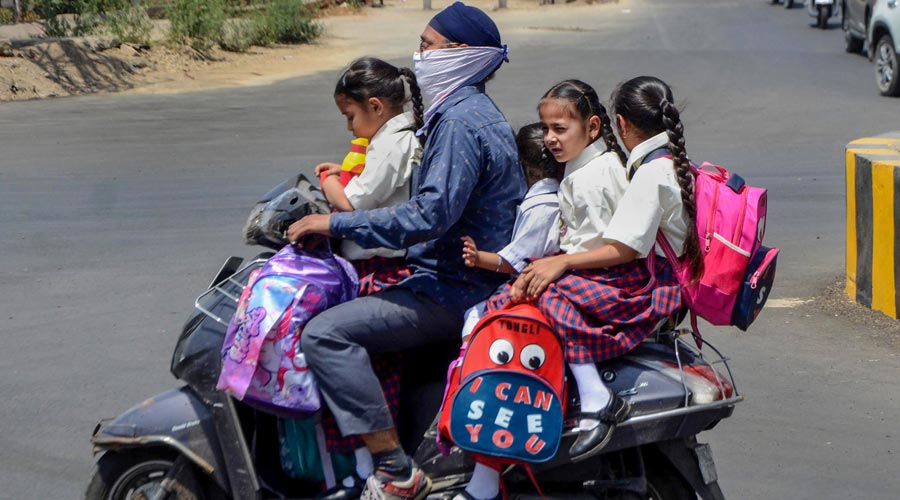A child who perceives himself or herself as a failure in primary school carries that baggage to senior school and the weight of that gets heavier, said an educator working with children and individuals with special needs for close to five decades.
Reena Sen, former executive director of Indian Institute of Cerebral Palsy, while addressing school heads and teachers on Tuesday said that educators need to reflect on where they have erred and have the courage to make amends.
“When children perceive themselves as being a failure, a disappointment and a poor achiever in primary school, they carry that baggage with them through middle and senior school and the weight of the burden of shame and low self-esteem gets heavier and heavier,” said Sen.
She spoke of educators being “reflective practitioners” and said teachers have to reflect on both the good and the bad.
“We educators need to be reflective and stand outside ourselves every day to reflect what we have done right but also where we have gone wrong. If we have made an error, we should have the courage to make amends the next day,” she said.
“Who said a teacher cannot say sorry to a child?” Sen asked. She was speaking at the launch of the Kolkata chapter of the Association of Primary Education and Research (Aper), a platform of institutions responsible for primary school education, which caters to the development of the child in the age group of 6 to 10 years.
The topic of discussion at Indus Valley World School on Tuesday was Navigating Our Way in Post-Covid Times.
Sen told the gathering that sometimes one forgets that “early childhood is a period when mistakes are allowed and therefore, to cut some slack is not being overly lenient”.
“Sometimes we are more harsh and punitive than we need to be,” Sen said.
Across schools, teachers have come across students with learning gaps primarily because they could not attend school for over two years in the pandemic.
Amita Prasad, head of the Kolkata territory of Aper, said that over the years, they have seen “countless examples of teachers shaking the confidence of children”.
“We have to constantly remind teachers that they have to be sensitive to the child’s needs,” said Prasad, director, Indus Valley World School.
“Some of the problems of primary years have been further accentuated in a post-pandemic world where there are children who have gone to primary classes without attending in-person school. There are learning gaps that need to be addressed,” she said.
The main aim of Aper’s Kolkata chapter is to encourage sharing of best practices, learning from each other and encouraging research mindedness among educators responsible for primary school education, said Prasad.
